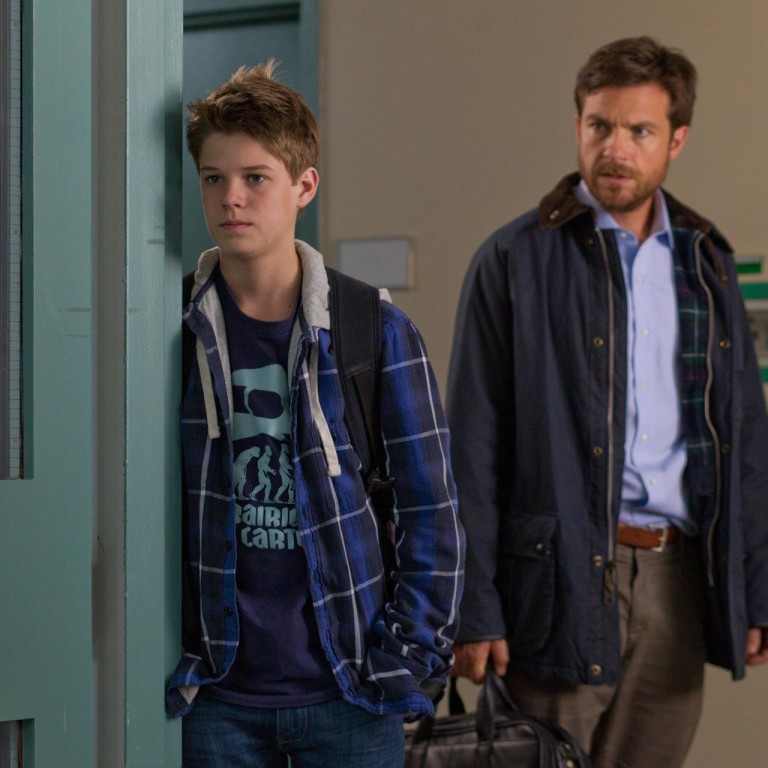
Film review: Disconnect's contemporary setting masks ages-old concerns about relationships
Yvonne Teh
Described by one American critic as with smartphones, Henry Alex Rubin's is thoroughly contemporary in its focus on the digital universe. But its chronicling of humanity's yearning to connect with others links back to E.M. Forster's 1910 novel, , and its "Only connect" line, and metaphysical poet John Donne's "no man is an island" observation, made in his seminal
It's easy for the audience to feel disconnected from what's going on in this ensemble drama-thriller, at least during the film's early stages. But after things settle down a bit, and its three main storylines become established, this many-stranded look at lives in cyberspace and "meatspace" starts to make sense and becomes engaging.
The most immediately eye-catching of the trio of tales involves naive Kyle (Max Thierot), an emotionally vulnerable cybersex worker who helps an ambitious television reporter with a news piece on underage online prostitution.
A second story about a former marine turned paper-pusher, Derek Hull (Alexander Skarsgard), and his wife, Cindy (Paula Patton), who are grieving over the loss of their young son, loses its way. Their characters become less sympathetic when they hunt down the man who brought them emotional distress.
The best of 's three sagas centres on a socially awkward teenager who is duped, by two mischievous classmates, into falling in love with a cyber creation. Worse, he accedes to "her" request to do something that makes him the laughing stock of the school.
Jason Bateman invests urgency in the part of the lawyer father who goes online to find out what caused his sensitive son to think life was not worth living, while Frank Grillo gives a strong performance as the cybercrime investigator whose son's internet activities end up causing much grief.
But young actors Jonah Bobo and Colin Ford, who play their sons, are this film's lonely emotional heart, and they make it really "connect" with viewers.
Documentary turned fictional filmmaker Rubin's inexperience at handling narratives is noticeable, and his use of slow motion in a scene near the end is particularly ill-advised.
But the use of extreme close-ups and on-screen text exchanges in other segments work well. Andrew Stern's script has some timely messages, and some details in ring true.
opens on July 25
